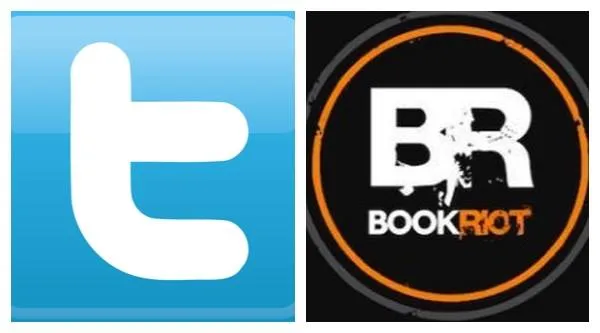
Curves Ahead: How “Spoiler Alerts” Get It Wrong
Not long ago, a friend of mine mentioned that they’d never seen Citizen Kane. I shrugged and said, “Rosebud is a sled.” I presume this didn’t alter his viewing plans.
Behavior like that, though, is bound to get you eviscerated on sites like Goodreads or Amazon, or in certain readerly company. Raised hackles over spoilers are common, but they’re something I cannot manage to understand. What’s so wrong with the preemptive reveal?
I am guilty of: sitting down with my friends after the first Hunger Games movie and demanding that they tell me everything that happens next. Asking of each new work from a certain cheesy writer: which character dies in this one, and do they go via flash flood, fortuitously timed fatal accident, or the ever-lethal broken heart? Regarding the family who special ordered their copies of the last Harry Potter to be delivered at a secluded camp with a mixture of amusement and detachment.
Are “spoilers” really so toxic to the progression of a story that a reader should retreat to the woods to devour new work away from the hum and bustle of those who might let a “Harry’s actually a muggle” or “Hermione ends up with Snape” slip? Does it really make sense to rant at a stranger whose review divulges narrative turns you may not see coming?
I’m perhaps even a fan of the sneak peek, the sample, the look ahead which does not corrupt the essence of a story, as a far as I can tell, and so should not fairly be called a “spoiler.” I’m unabashed about selling my favorite Dean Koontz book as the one with time-traveling Nazis, though that fantastically absurd detail is meant to be left to the end. And I openly admit to skipping to the last pages of thrillers when it’s three a.m. and I’m hearing noises down the hall and I just can’t take it any longer.
What’s the harm? The path ahead is set. My sense of suspense, my hope for the characters, the plotting I’ve done in my own head: none of that will change coming pages. No matter how much we love or despise a book, we are not actors in it. Our role is limited to that of a voyeur.
And, damnit, voyeurs, let’s be honest with ourselves: we feel entitled to a bit of a peek. It’s why we’re there.
Readers, know in advance: Atticus Finch is good people, but he cannot perform miracles. Holden Caulfield doesn’t make it far, because youthful bravado is an ineffective fuel. The Kommandant’s son dies amongst a group of prisoners who are themselves insufficiently mourned. Amy Dunne is a sociopath. The Joads do not find peace in California, Morrison’s Milkman learns how to fly, and Sean Hannity never quite learns how to write. And you should still read these books (with one prominent exception—no spoilers).
What’s so irruptive about these details? Are they really cause to abandon a novel? How, precisely, do they drain the magic from a beautiful (or demote an already subpar) text?
Knowing what’s ahead has never ruined a reading experience for me. I knew that I’d lose Prim and Finnick before I cracked the first cover on Suzanne Collins’s trilogy, and I fell in love with them anyway, and losing them was no less poignant for the previewed curve. I finish the thrillers I de-thrill after midnight with no less excitement for knowing. When the story enraptures us, don’t we plunge forward regardless?
In reading, as in life, our choices assume certain risks. We throw ourselves into literary situations hoping to be inspired or distracted or improved, and final pages will either meet, exceed, or disappoint such expectations.
Another reader can wink and tap their nose at you all they like; the outcome will not change. In the end, it’s still you, the book you’ve chosen, and the unalterable ending you’ve both always been marching toward, and that intimacy inherently resists corruption.
____________________
Follow us on Twitter for more bookish goodness!











